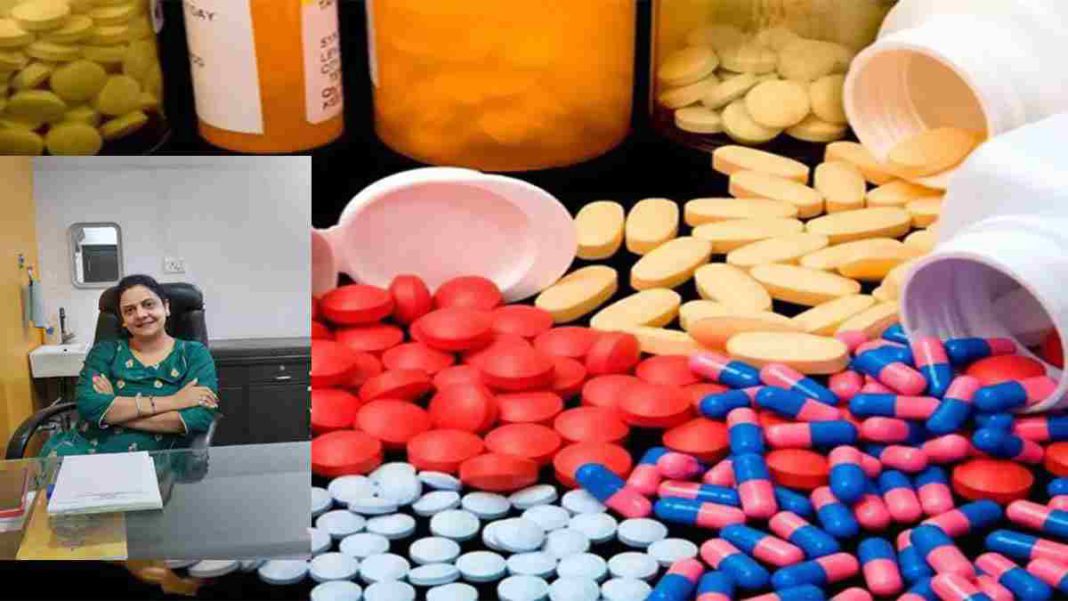INDIA. Mumbai: The National Medical Commission (NMC) has decided to postpone its recent guidelines that required medical practitioners to exclusively prescribe “Generic Medicines.” The commission also temporarily lifted the ban on doctors attending events organized by pharmaceutical companies.
This decision follows discussions between the Union Ministry of Health, the Indian Medical Association (IMA), and the Indian Pharmaceutical Association (IPA) who raised concerns about inaccuracies in the guidelines issued on August 2. The Central Drugs Standard Drug Control Organisation (CDSCO) also objected to the language used in the NMC’s notification.
A meeting held on Monday with health ministry officials, doctors, and pharmaceutical experts revealed that the new guidelines granted the NMC and State Medical Councils powers equivalent to those of a civil court.
In response, the NMC issued a notification on Thursday, declaring that the “National Medical Commission Registered Medical Practitioner (Professional Conduct) Regulations, 2023 (NMC RMP)” will not be enforced until further notice. Instead, the commission will implement the “Indian Medical Council (Professional Conduct, Etiquette, and Ethics) Regulations, 2002,” with immediate effect, under the authority granted by the National Medical Commission Act, 2019.
The recently proposed guidelines emphasized generic prescription by doctors, making violations punishable, potentially leading to license suspension for up to 30 days. These guidelines also addressed various issues, such as continued medical education, maintaining a dynamic doctors’ register, and ethical considerations.
According to the NMC’s initial guidelines, medical practitioners and their relatives were advised not to accept gifts or medical equipment from pharmaceutical companies.
The guidelines discouraged involvement in promoting pharmaceutical companies or accepting roles within doctors’ organizations for these companies. In addition, doctors could file complaints against ill-behaving patients or their relatives and could decline to provide medical care in such cases.
The IMA raised concerns over the quality of generic medicines, given that less than 0.1% of medicines manufactured in India undergo quality testing. They suggested that generic prescriptions should be deferred until the government could ensure the quality of all drugs released in the market.
The NMC justified its initial guidelines by pointing out that generic medicines are usually more affordable than branded counterparts, potentially enhancing access to quality healthcare. However, doctors highlighted that these guidelines shifted decision-making power away from physicians to pharmacy staff.
Meanwhile, a committee led by Dr. VK Paul, a Niti Aayog member (Health), has been formed to review and rationalize doctors’ participation in workshops, symposia, and conferences indirectly or directly sponsored by the pharmaceutical industry.
Also Read: Healthcare Personnel Forced To Continue Working While Positive For COVID-19



